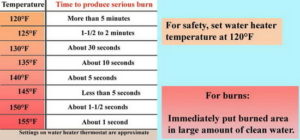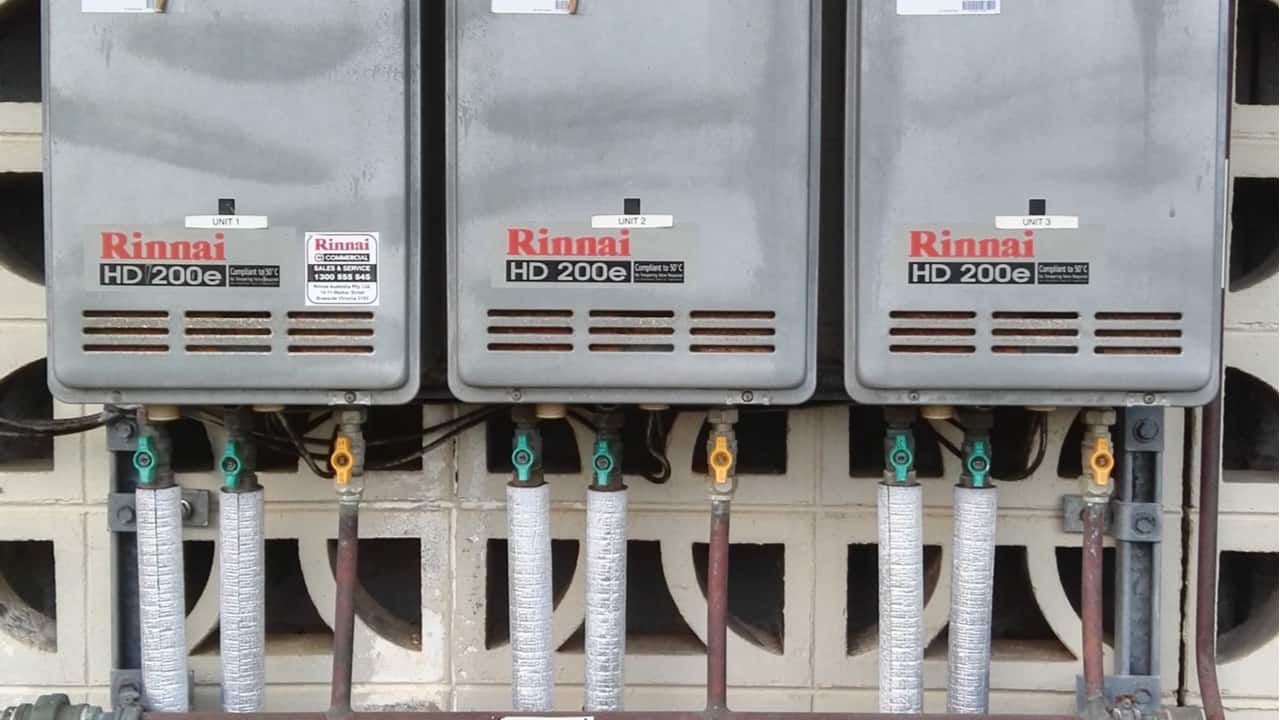Information related to Should My Water Heater Be On Pilot Or On can be found here, hopefully providing broader insights for you.

Should My Water Heater Be On Pilot or On?
As a homeowner, understanding the complexities of your home’s systems is crucial. One such system, the water heater, plays a vital role in providing comfortable hot water. However, a frequently debated question arises: Should you keep your water heater on pilot or on?
To make an informed decision, let’s delve into the differences between the two settings and their implications on efficiency, safety, and convenience.
Pilot Light vs. Ignition
Pilot Light
A pilot light is a small flame that continuously burns inside the water heater. It acts as an ignition source, lighting the main burner when hot water is needed. Pilot lights are commonly found in older water heaters and typically consume a small amount of gas even when the water heater is not in operation.
Ignition
In contrast to pilot lights, modern water heaters use an electronic ignition system. This system sparks the main burner when hot water is turned on, eliminating the need for a constantly burning flame. Ignition systems are more energy-efficient and safer than pilot lights.
Advantages and Disadvantages
**Pilot Light**
- Advantages: Always ready to provide hot water, reliable ignition even during power outages.
- Disadvantages: Less energy-efficient, can pose a safety hazard if the flame goes out, requires periodic maintenance.
**Ignition**
- Advantages: Energy-efficient, safer, requires less maintenance.
- Disadvantages: May not provide hot water instantly, may not ignite if there’s a power outage.
Tips and Expert Advice
To optimize your water heater’s performance and safety, consider these tips:
- Choose an energy-efficient water heater: Look for models with Energy Star ratings to save on energy costs.
- Insulate your water heater: Adding insulation around the water heater can minimize heat loss, leading to energy savings.
- Consider a tankless water heater: Tankless water heaters provide hot water on demand, eliminating standby heat loss.
- Set the water heater temperature to 120°F: This ideal temperature balances energy efficiency and comfort.
FAQ
**1. When should I keep my water heater on pilot?**
Pilot lights are recommended for areas with frequent power outages or homes with older water heaters that may not have an electronic ignition system.
**2. How can I tell if my water heater has a pilot light?**
Look for a small flame burning through a glass or metal viewing port on the front or side of the water heater.
**3. What are the signs of a failing pilot light?**
If your water heater is not producing hot water or the pilot light is not lit, it could be a sign of a failing pilot light.
Conclusion
Deciding whether to keep your water heater on pilot or on depends on your individual circumstances. If you prioritize instant hot water and reliability, a pilot light may be suitable. However, for energy efficiency, safety, and low maintenance, an ignition system is the preferred choice.
By understanding the pros and cons of each setting and following expert advice, you can make an informed decision that optimizes the performance and longevity of your water heater.
Are you interested in learning more about maintaining your home’s systems?

Image: plainhelp.com
Thank you for visiting our website and taking the time to read Should My Water Heater Be On Pilot Or On. We hope you find benefits from this article.